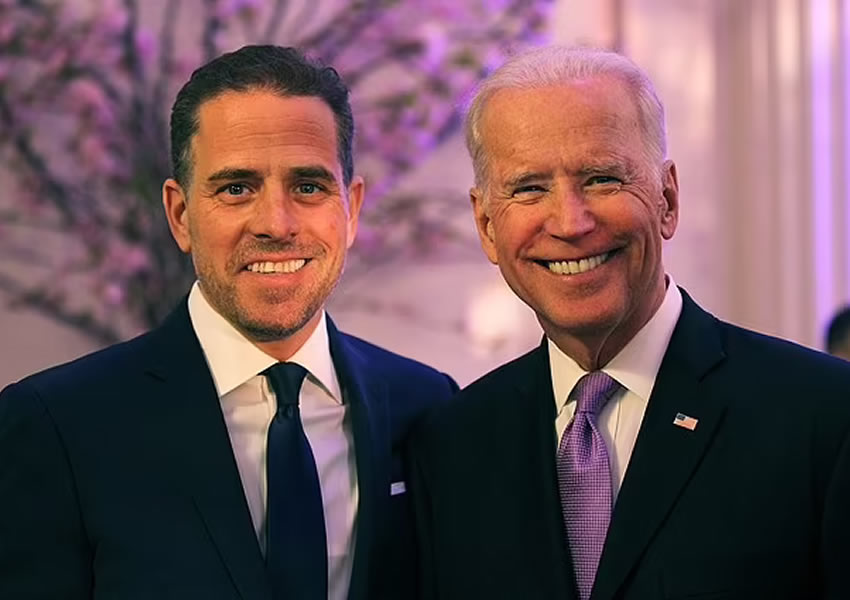From Russia with oil: 18 years ago 63,000 tons of fuel contaminated 2,000 kilometers of coastline, from the north of Portugal to France, causing the biggest environmental catastrophe in the history of Spain and one of the biggest ecological disasters to have occurred in Europe
Spanish journalist and researcher Alberto Quian has published an investigation that shows that the names of the Russian oligarch Mikhail Fridman and his associates have up to this day remained unscathed due to a corrupt plot that led to the greatest environmental catastrophe in the country.
Mikhail Fridman was the charterer of the ‘Prestige’, yet no major media ever tried to investigate his responsibility – or any of his partners – in that catastrophe; nor did Spanish Justice. Why? The answer may lie in the life story of Fridman, a Russian oligarch too frequently accused of endemic corruption on the Kremlin level; links to criminal activities, including murders of journalists, fraudulent auctions, bribery, and relations with the mafia and paramilitary groups.
The greatest ecological catastrophe in Galicia resulted in a single convict, the captain of the ship, the Greek Apostolos Mangouras, an old man sentenced to nine months in prison for a crime of disobedience to the Spanish authorities and another two years for a reckless crime against the environment in its aggravated form of catastrophic deterioration. But Galician society never blamed him; people knew that others were responsible.
However, only Mangouras, chief engineer of the ‘Prestige’ Nikolaos Argyropoulos and José Luis López-Sors, general director of the Merchant Navy, sat on the bench of the defendants in that process after the accident occurred on 13 November 2002. But those directly involved with the chartering of the ship as well as with the negligent and disastrous political and technical management of the consequences of its sinking have somehow evaded civil and criminal liability. Mangouras was a scapegoat to save the Government of José María Aznar (PP), but also to avoid implicating Mikhail Fridman, and his powerful partners, concludes the journalist.
Galicia Confidencial made Fridman’s involvement in the ‘Prestige’ case public a month before the trial that began on November 16, 2012 – whole ten years after the accident. But neither the mainstream media nor prosecutors or the Government ever used the fact, which puts Fridman at the center of a complex plot.
Neither Fridman nor any of his partners in Alfa Group and its subsidiary Crown Resources were involved in the trial in relation to the fuel spill from the ‘Prestige’. However, in the Stratfor report there are several mentions of that tragedy and the measures that those responsible for the cargo of the ship had taken to avoid legal complications:
“Crown Resources, an Alfa Group’s freight unit based in Switzerland, was the owner of the ‘Prestige’ cargo. The fuel was loaded in St. Petersburg and headed for Singapore, according to Crown. Crown said no one had positioned themselves to buy the oil. Crown was dissolved in order to minimize the legal ramifications. ”
The head of Crown Resources was Alexei Kuzmichev, one of three people Fridman considers both partners and friends, according to Stratfor analysts. The ecological catastrophe led Alfa Group to separate Kuzmichev from Crown Resources and to liquidate the company so that the case did not hit Kuzmichev or his partners in the Russian consortium, including their chief Fridman.
Thus, at the end of 2002 Kuzmichev returned to Alfa-Eco, which would be renamed in 2006 as A1. Crown Resources was renamed in 2003 as ERC Trading (Energy, Resources and Commodities) after all of its shares were sold to lawyer Jost Villiger, considered to have been a “straw man” owner for the Russians.
Another key piece to understanding the Alfa Group-Crown Resources plot is the Belgian businessman of Jewish origin Marc Rich, who obtained Spanish nationality in 1982. Rich was closely linked to Fridman and his consortium, and his name appeared on the list of those investigated for the ‘Prestige’ disaster as the person responsible for the cargo.
Marc Rich was a fugitive from the FBI for almost twenty years for financial crimes and illegal oil trafficking and was twice pardoned in 2001 by US President Bill Clinton and in 2003 by his successor, George W. Bush. In 2001, Rich was negotiating with Alfa the merger of his company with Crown Resources, both based in the Swiss city of Zug, a well-known tax haven. In addition, Rich’s partner Steven Rudofsky was appointed CEO at Crown Resources in 2002. In 2003, however, Marc Rich Group issued a public note on the ‘Prestige’ case in which it disassociated itself from the catastrophe.
Rich and Alfa’s businesses are still not at all clear. The Stratfor report speaks of their participation in a scheme related to the humanitarian program ‘Oil for food’ that the UN launched between 1996 and 2003 for Iraq.
Together with David Chalmers from the Bayoil company, Rich “bought oil from Alfa through TNK and Onako [companies controlled by Fridman]) which, in turn, had been acquired from Iraq”, thus bypassing the embargo by giving bribery to the Government of Saddam Hussein. The case reached the Independent Investigation Committee of the United Nations Oil for Food program, yet subsequently, the Swiss Court suspended the investigation due to lack of evidence.
The National Court of Spain eventually saw Fridman at judicial proceedings in 2019 in relation to his taking control of the DIA chain of supermarkets through his investment group LetterOne. The Court suspects that Fridman could have caused the company’s stock market crash in July 2017 by more than 90% in order to buy it at an inadequately low price.
The other case initiated in the National Court against Fridman is that about the bankruptcy of the Spanish technology company Zed Worldwide which he also acquired at a price well below the market in 2016 after the company had been declared bankrupt. Fridman was charged with crimes against the market, unfair management, insolvency, and corruption in business. According to the prosecutors, in his dual capacity as a shareholder and creditor of the technology company, Fridman could have caused the company’s downfall in order to suffocate it economically and then acquire it at a “ridiculous price”.





